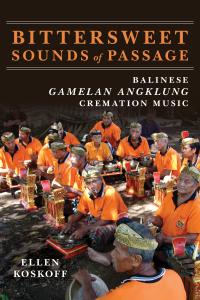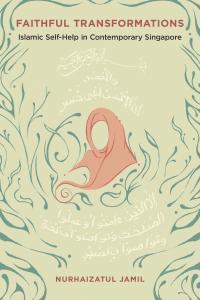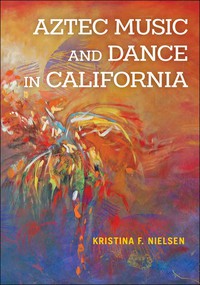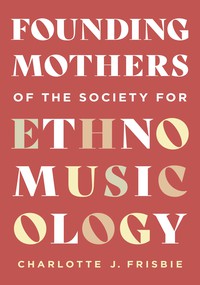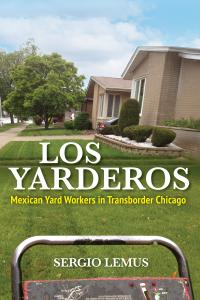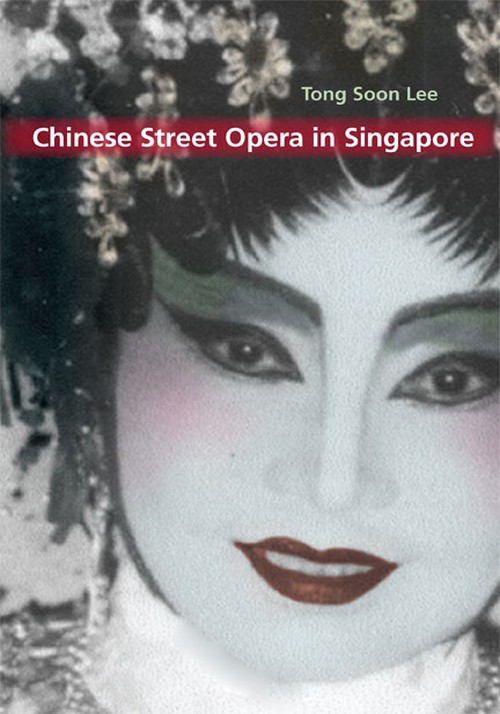
Chinese Street Opera in Singapore
About the Book
Since Singapore declared independence from Malaysia in 1965, Chinese street opera has played a significant role in defining Singaporean identity. Carefully tracing the history of amateur and professional performances in Singapore, Tong Soon Lee reflects on the role of street performance in fostering cultural nationalism and entrepreneurship. He explains that the government welcomes Chinese street opera performances because they combine tradition and modernism and promote a national culture that brings together Singapore's four main ethnic groups--Eurasian, Malay, Chinese, and South Asian.Chinese Street Opera in Singapore documents the ways in which this politically motivated art form continues to be influenced and transformed by Singaporean politics, ideology, and context in the twenty-first century. By performing Chinese street opera, amateur troupes preserve their rich heritage, underscoring the Confucian mind-set that a learned person engages in the arts for moral and unselfish purposes. Educated performers also control behavior, emotions, and values. They are creative and innovative, and their use of new technologies indicates a modern, entrepreneurial spirit. Their performances bring together diverse ethnic groups to watch and perform, Lee argues, while also encouraging a national attitude focused on both remembering the past and preparing for the future in Singapore.
* Supported by Emory College and Graduate School of Arts and Sciences, Emory University
About the Author
Tong Soon Lee is an associate professor of ethnomusicology at Emory University. His research and teaching focus on Southeast and East Asian music.Reviews
“Interesting and informative ... this work presents a valuable case study in the historical fluctuation of cultural categories that challenges the notion of inherent artistic value.”--Journal of Folklore Research"A fascinating effort to rethink the question of art as cultural capital in a nationalist narrative."--The Journal of Theatre Research International
"A valuable contribution to the study of traditional performing arts in Singapore and is a useful resource not only for ethnomusicological studies but also for non-music students alike."--The World of Music
Blurbs
"This groundbreaking study examines the ways Chinese street opera has been redefined and transformed as part of the process of nation building in Singapore. It becomes a lens through which we can observe changing social dynamics, the pragmatic ways performance can be appropriated and/or reinterpreted by various social groups, and the politicized ways in which cultural representation can intersect with ideas about nationalism, modernity, and cosmopolitanism. The author makes excellent use of business and management models in his sophisticated exploration of organizational structure, entrepreneurship, and cultural development in Chinese street opera. A stimulating book, it is one of the few studies of traditional performing arts in Singapore and Malaysia, which makes it a very precious resource."--Margaret Sarkissian, associate professor of music, Smith College
"Based on detailed ethnographic and archival research, this study of Chinese opera in Singapore subtly highlights the nuances of professional vs. amateur performance, the contributions of different dialect groups, and the tie-in by the 1990s with officially promoted cultural nationalism and tourism. The author is a cultural insider whose linguistic expertise and personal experience greatly enrich his treatment of the topic."--Helen Rees, author of Echoes of History: Naxi Music in Modern China


